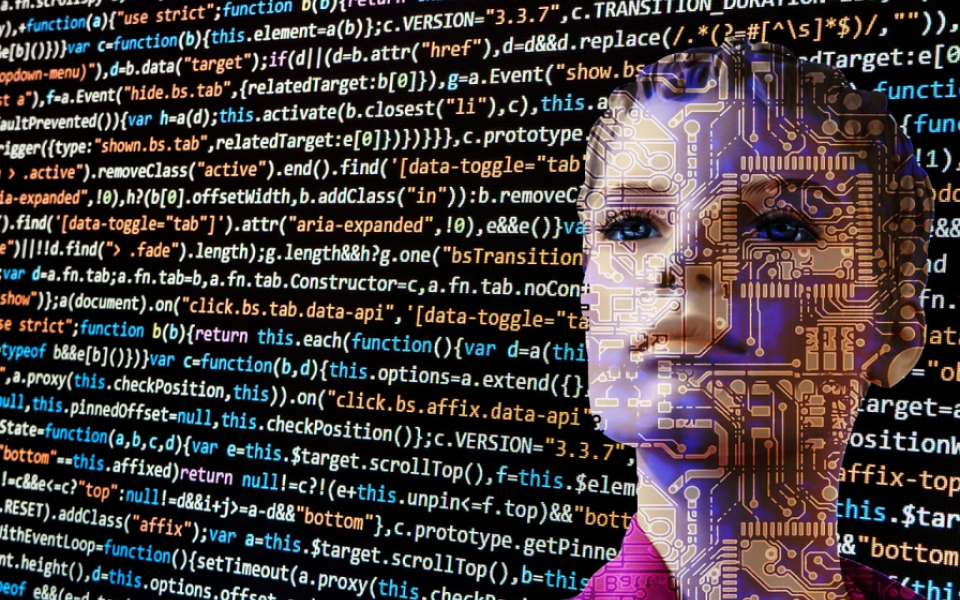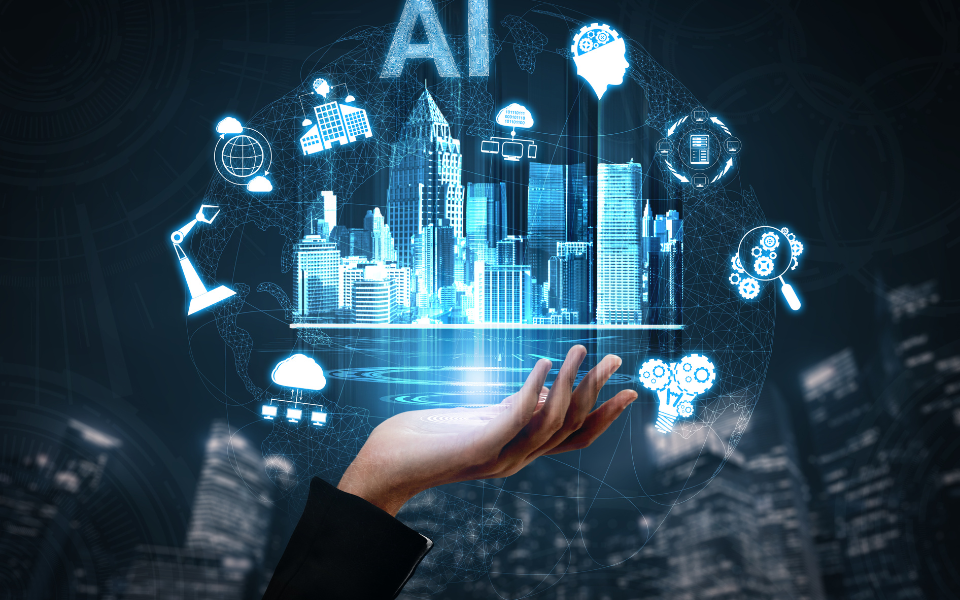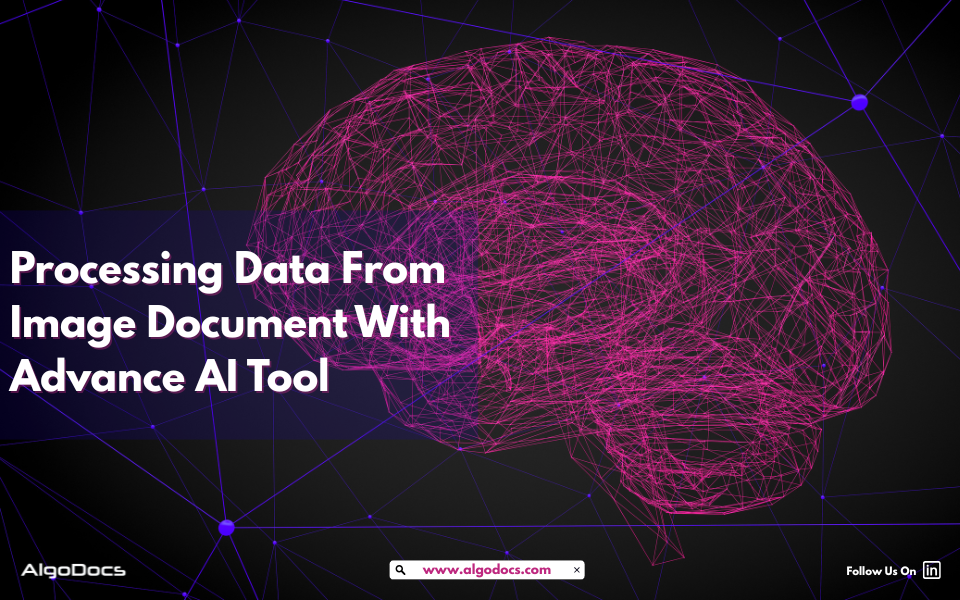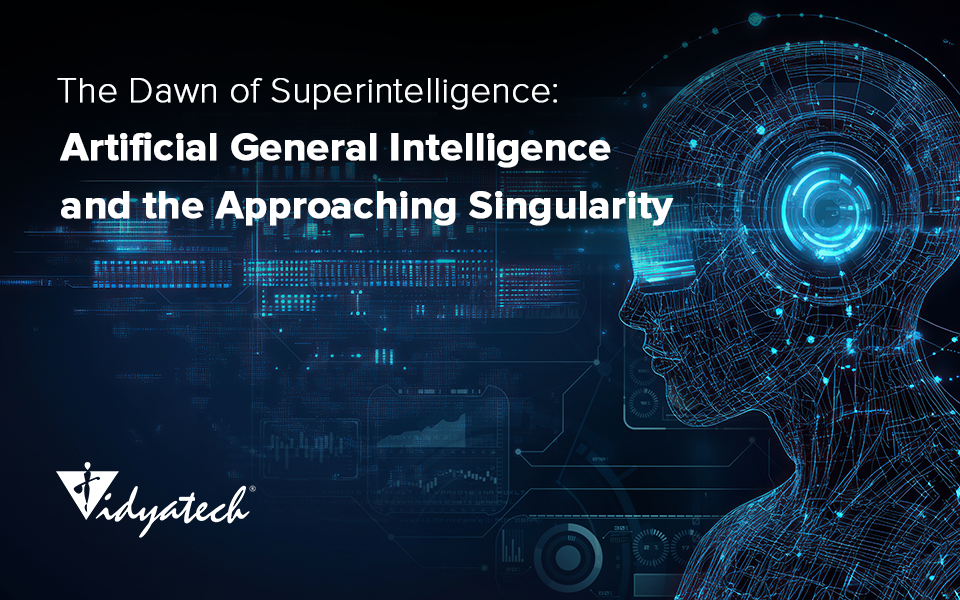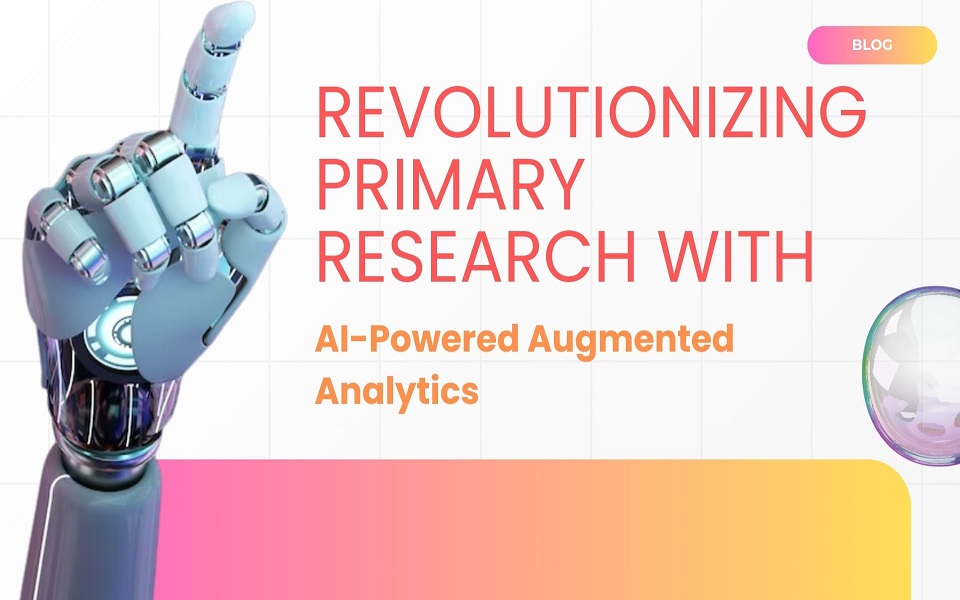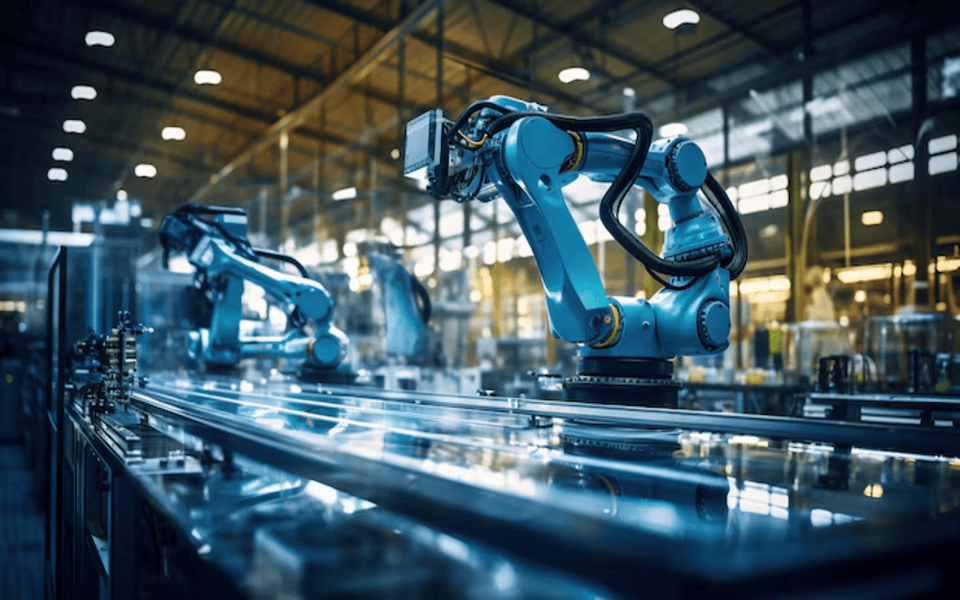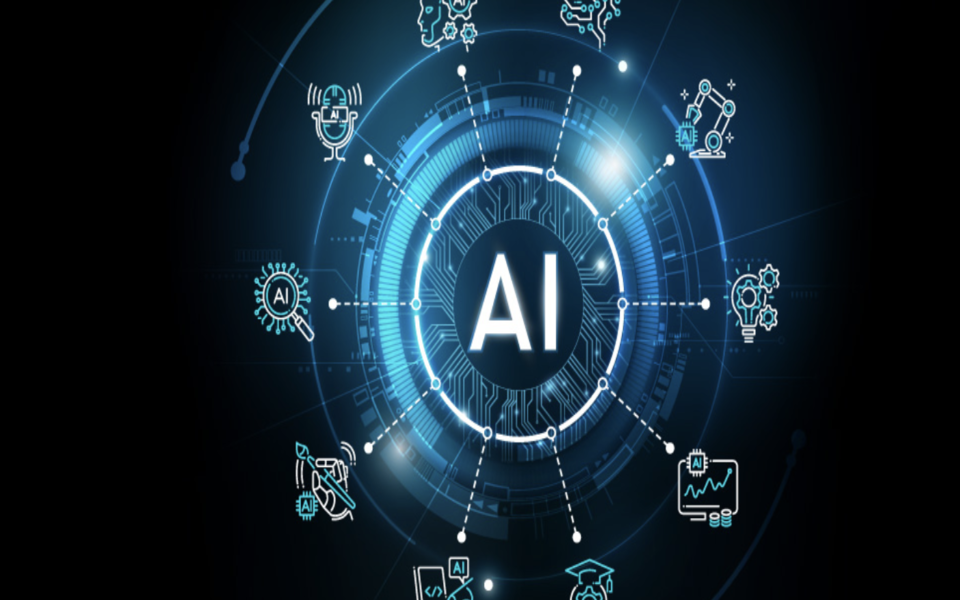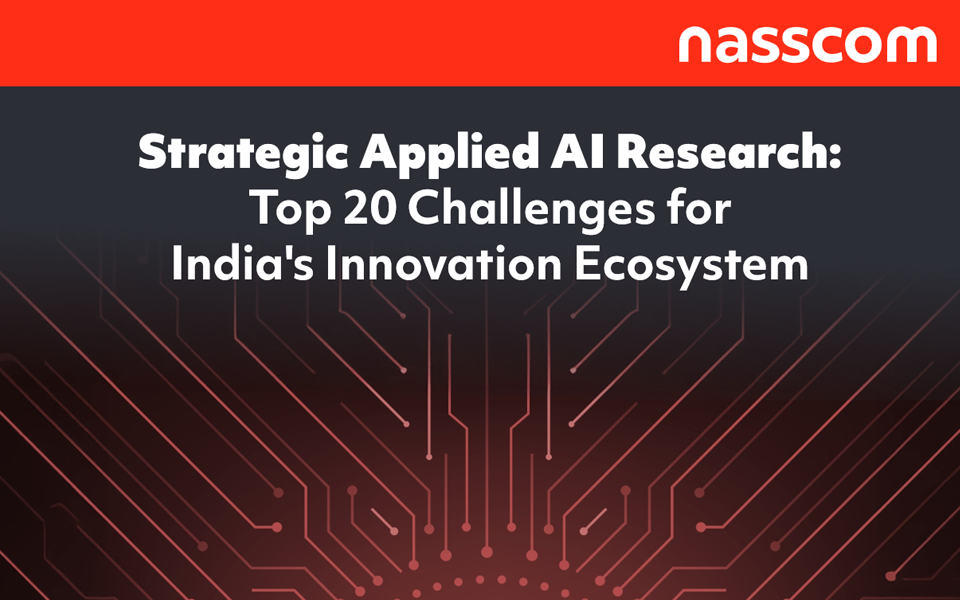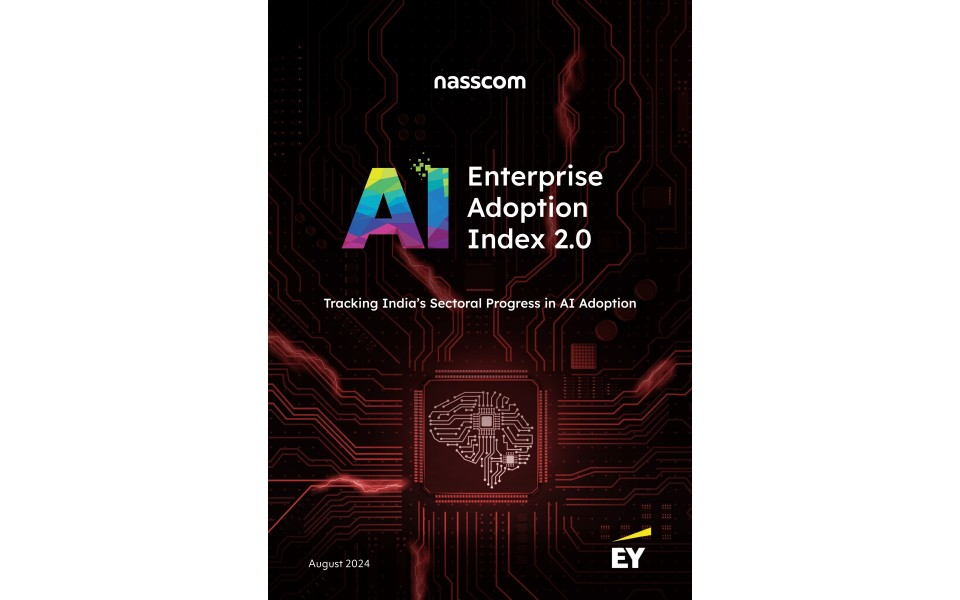In the business sector, artificial intelligence (AI) has become popular as a technology that businesses use for a variety of purposes. Artificial Intelligence (AI) is changing the way businesses work and compete in the modern marketplace. It can automate repetitive tasks, improve customer service, and improve activities.This article will examine the most popular uses of machine learning (AI) in business and how companies are using this technology to boost productivity, promote innovation, and satisfy client demands.
1. AI-Enabled Innovations, Products, and Services
The ability to develop innovative products and services is one of the most fascinating uses of AI in business.AI is being used by many businesses to encourage innovation and create new products. For example, Amazon Alexa and other virtual assistants have become well-known examples of AI-enabled products. However, companies across industries are finding unique ways to incorporate AI into their products or use AI to improve existing offerings.
Seth Earley, author of "The AI-Powered Enterprise," shared an example of a telecommunications company using AI to enhance its platform. By utilizing machine learning and other AI technologies, the company improves the quality of voice and image during communication and prevents distortion on screen. Another example is a retailer collaborating with artists to feature their designs on clothing. Using AI, the company develops art and manufactures merchandise to order.

2. Automating Routine Cognitive Work
AI has long been used to automate manual tasks, but now it is also being used to automate cognitive tasks. Next-generation intelligence, such as generative AI, can handle tasks like summarizing reports and drafting communications. This automation of cognitive work has the potential to impact many jobs, as AI excels at repetitive tasks. Nicholas Napp, a senior member of the Institute of Electrical and Electronics Engineers, emphasized that AI is well-suited for these tasks, allowing humans to focus on more specialized experiences.
3. AI for Leveling Up Workers
Even when tasks cannot be fully automated, AI can still assist workers by providing advice and guidance. AI tools like Grammarly use AI to catch misspellings, correct grammar, and offer suggestions to improve writing. Generative AI goes a step further, enabling workers with little to no experience to use the tool to write software code, design logos, or craft marketing strategies. By leveling up workers' skills, AI helps them perform at a higher level and allows experts to shine in their roles.
4. AI as a Creative Force
AI is now capable of creating various forms of art, including visual art, music, poetry, prose, and even computer code. While some question the originality and legal implications of AI-generated works, organizations are using AI to create a range of compositions. For instance, Xmark Labs co-founder Nicholas Napp tested OpenAI with a query inspired by Moby Dick and received an original narrative in response. AI is also being used in educational settings, helping teachers create real-world examples for students or develop content for games like Dungeons & Dragons.
5. Accessing and Organizing Knowledge via AI
AI has the potential to transform how organizations access and organize knowledge. Generative AI allows workers to search through vast amounts of information and find relevant elements. It can also organize and summarize those elements to provide valuable insights. However, it is important to note that AI systems still require human oversight and review. While AI like ChatGPT can assist in accessing knowledge, it may not always have all the necessary data sets or make accurate assumptions. Early 2023 saw an example where ChatGPT fabricated cases cited in a court brief submitted by lawyers.
6. AI for Optimization
Optimization is a universal use case for AI across industries and business functions. AI-based applications use algorithms and modeling to turn data into actionable insights for optimizing various processes and functions. From worker schedules to product pricing, AI can identify bottlenecks and offer optimized options for implementation. By automating repetitive tasks, AI reduces manual efforts and increases accuracy, leading to more efficient operations.
7. Higher Productivity and More Efficient Operations
Boosting productivity and generating efficiencies are key reasons why organizations adopt AI. By plugging AI into processes that traditionally required human labor, organizations can achieve faster and more accurate results at a higher volume. Sreekar Krishna, U.S. leader of AI at KPMG, highlights how AI can fully or partially perform processes, surpassing human capabilities. This improved productivity allows companies to achieve more in less time, giving them a competitive edge in the market.
8. More Effective Learning and Training through AI
Intelligence software is revolutionizing the way people learn in organizations. AI tools can customize educational plans to each worker's learning needs and understanding levels based on their experience and knowledge. This allows organizations to implement more effective training programs tailored to individual employees. By leveraging AI for learning and training, companies can enhance their workforce's skills and knowledge, leading to improved performance and better outcomes.
9. AI as Coach and Monitor
AI-powered systems are being deployed to coach employees in real time as they work. These systems monitor and analyze actions, providing feedback and guidance to workers throughout the process. For example, in the logistics and transportation industry, AI algorithms can monitor for distracted driving, alerting workers to potential issues and offering corrective actions. This combination of monitoring and coaching helps improve worker performance and ensures adherence to safety protocols.
10. Decision Support
Intelligent decision support systems (DSS) use AI to analyze data and offer suggestions and guidance to humans during decision-making processes. Professionals, such as doctors, accountants, and researchers, rely on DSS software to navigate complex information and make informed decisions. For instance, accountants can use DSS to identify the most beneficial tax strategies for their clients. By leveraging AI for decision support, organizations can make more accurate and efficient decisions in various domains.
11. AI-Enabled Quality Control and Quality Assurance
Manufacturers have been using AI, particularly machine vision, for quality control for years. However, recent advancements in AI have allowed for the integration of deep learning capabilities into quality control software. These systems enhance the speed and accuracy of quality control functions while keeping costs in check. Deep learning models create their own rules to determine what defines quality, resulting in a more precise and ever-improving quality assurance function.
12. AI for Personalized Customer Services, Experiences, and Support
Delivering personalized customer services and experiences is a prevalent use case for AI in business. By consolidating customer identifiers and signals from multiple systems, AI can create personalized experiences tailored to individual customers. While personalization is already widely used, there is still room for improvement. Seth Earley believes that companies can do better in personalization, emphasizing the potential for AI to enhance customer experiences further.
13. Safer Operations
AI is being employed across multiple industries to improve safety measures. Companies in construction, utilities, farming, mining, and other sectors are gathering data from endpoint devices like cameras, thermometers, and motion detectors. This data is then fed into intelligent systems that identify problematic behaviors, dangerous conditions, or business opportunities, and provide recommendations or take preventative actions. AI-enabled software is also used to monitor safety conditions and ensure compliance with safety protocols.
14. AI for Functional Area Improvements
Various functional areas within organizations are leveraging AI to address their specific needs. Customer service departments utilize chatbots powered by machine learning algorithms and natural language processing to understand and respond to customer inquiries more efficiently than human workers. Marketing teams use intelligent systems to analyze user data and create targeted campaigns with higher success rates. HR departments use AI-powered systems to improve job postings, identify potential candidates, and create personalized training programs. The supply chain function benefits from AI's ability to forecast demand and optimize supply chain operations.
15. AI for Industry-Specific Needs
While many AI applications span across industries, some use cases are specific to particular sectors. In healthcare, AI and machine learning are used to analyze vast amounts of data, enabling clinicians to make more accurate diagnoses and develop individualized treatment plans. The financial services sector relies on AI for fraud detection, digital security, and real-time data analysis to make informed decisions. Industrial maintenance uses AI for predictive machine maintenance and optimizing maintenance schedules. The transportation industry utilizes AI for self-driving vehicles, traffic management, and logistics optimization.
Conclusion
In the contemporary business landscape, the integration of artificial intelligence has not only become a game-changer but a necessity for sustainable growth and innovation. Exploring the diverse applications of AI across various sectors, it is evident that businesses that harness the power of intelligent technologies gain a competitive edge.
As we conclude our exploration into the top applications of artificial intelligence in business, the imperative for companies to embrace this transformative technology is clear. To navigate this landscape successfully and unlock the full potential of AI, partnering with a reliable artificial intelligence development company is key. It's not just about adopting AI; it's about strategically implementing solutions that align with your business goals and propel you towards success.




